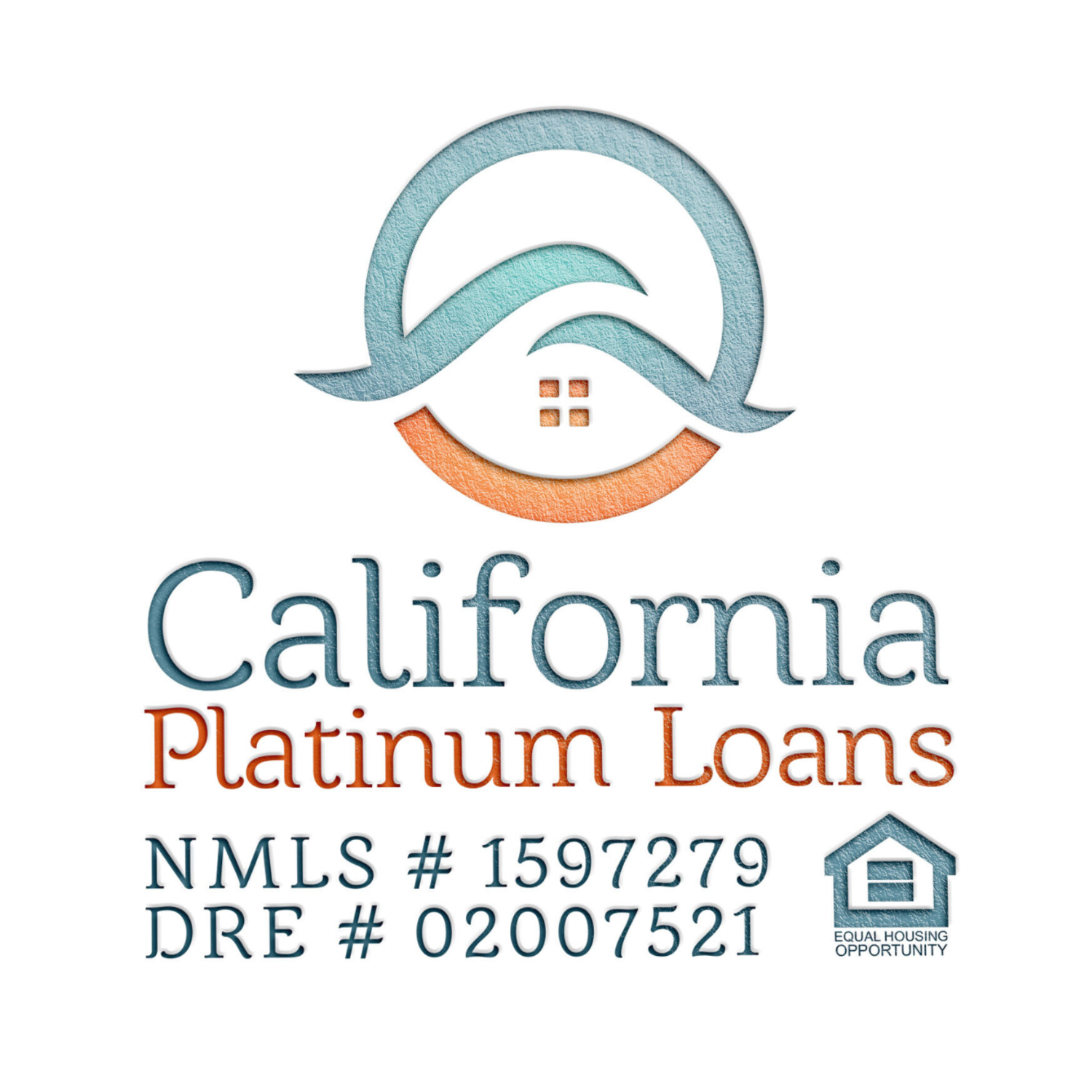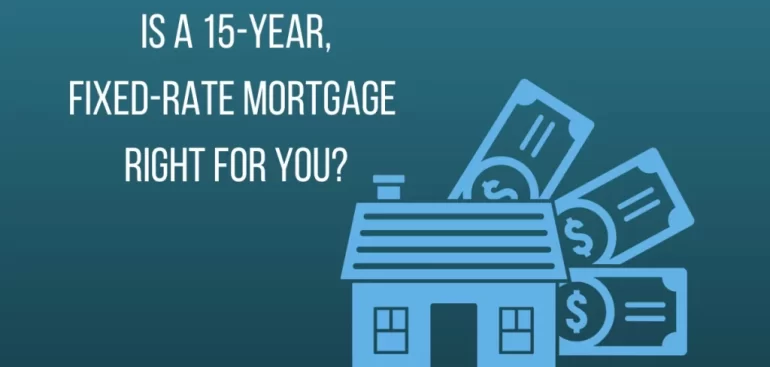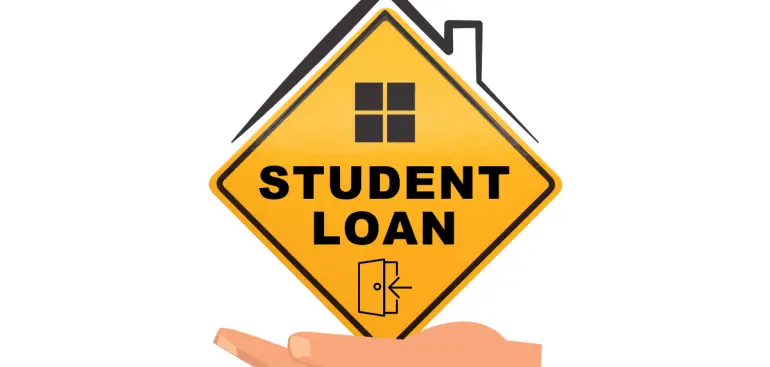You may see financial advice that encourages you to take out a 15-year mortgage in preference to a 30-year fixed rate mortgage. The reasons for this advice vary, but include lower amount of interest paid over the course of the loan, paying off your house sooner, and building equity in your home more quickly. Advisers base most of their articles on a $200,000 mortgage. In a higher housing cost area or one where prices are rising quickly, does this advice hold true in all cases?
You’ll pay less interest over the course of your loan with a 15-year mortgage
This is true if you plan on staying in your home for 15 years or longer. Over the course of a 15-year, $500,000 mortgage at a fixed 4% interest rate, you’ll pay about $167,000 in interest over 15 years. A 30-year fixed-rate mortgage at 4% interest will cost you about $193,000 more in interest over the course of 30 years. But these figures make the most sense if you plan to stay in the same home and same mortgage.
You’ll build equity in your home faster
While you start to pay your principal down on your home faster with a 15-year fixed rate mortgage, you can also make additional house payments on a 30-year mortgage to help build equity. You should think about the uses of home equity in your overall financial plan. Equity in your home is valuable if you want to apply for another type of loan, including a home equity line of credit (HELOC) or a business loan.
You’ll pay off your house in half the time
This is completely true: a 15-year mortgage will pay off your house twice as fast as a 30-year mortgage. If your goal is to own your home and stay in it, then paying off the mortgage as quickly as possible is a clear financial choice.
You don’t have to limit your choices to a 15-year or a 30-year fixed rate mortgage. You can choose other amortization terms, including a 10-year mortgage, or adjustable rate mortgages (ARMs) with varying terms. A qualified and experienced mortgage professional can help you to decide which mortgage terms are right for you. Talk with one today to learn what your best home loan options will be.
Sources
https://www.daveramsey.com/blog/why-daves-against-30-year-mortgages



